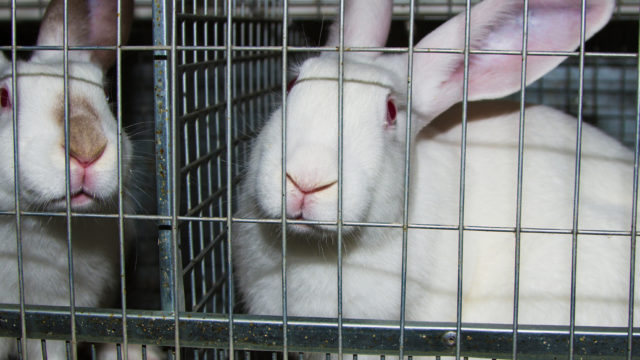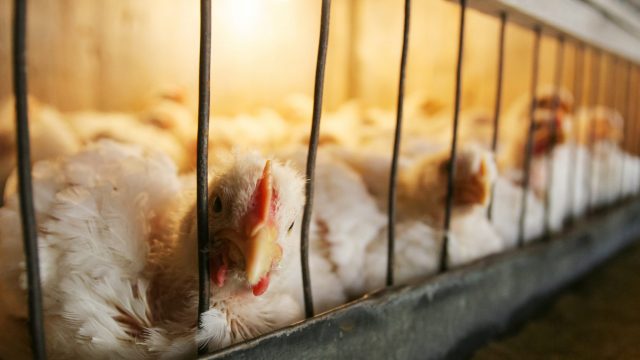


Regulation
A law is only as strong as its rate of enforcement
The Animal Legal Defense Fund brings lawsuits to enforce animal protection laws. But sometimes we aren’t able to sue, to help animals who are being harmed.
This may be because there is no law being violated, or because the government agencies charged with enforcing the laws refuse to do so and we do not have the standing to bring a lawsuit ourselves.
Government agencies are often tasked with interpreting and implementing laws. This includes regulations that agencies create and execute. The body of law involving these agencies is called “administrative law,” and the process of enacting and enforcing rules and regulations is the “regulatory process.”
We advocate for better, stronger animal protection laws and regulations. And we also use the regulatory process, to urge agencies to fulfill their duties and protect animals to the extent required by the law.
Here are some ways that the Animal Legal Defense Fund works within the regulatory process to protect animals:
- We file petitions for rulemaking: The Administrative Procedures Act allows any person or organization to request that a federal agency issue, amend or repeal a rule or regulation. We ask for tougher regulations and rules that are within the agency’s purview.
- We submit comments on proposed rules and regulations: Agencies considering changes to rules or regulations, or new rules or regulations, will solicit comments from the public and interested organizations. These comments must be considered, before the proposed changes may be made.
- We also put out alerts encouraging the public to submit comments of their own so the agency will aware that this is an issue people care about — and, with a critical mass of comments, will be inclined to respond to the public’s concerns. This is a critically important part of the regulatory process.
- We ask agencies to fulfill their regulatory duties: Regulations and rules must be enforced, to be effective. The Animal Legal Defense Fund urges agencies to fulfill their regulatory duties, when they have failed to do so — and we issue alerts asking the public to do the same.This is an especially helpful course of action when someone is violating the law in ways that harm animals, but there is no “standing” for us to bring a lawsuit.
When possible and necessary, these requests may be followed by lawsuits, asking courts to compel agencies to fulfill their legal duties.
Recent Cases

Emergency Petition to Food & Drug Administration to Suspend Ractopamine Use

Urging Humboldt County, CA to Terminate Contract with Wildlife-Killing Federal Agency

Ending Killing Contests in Colorado

Ending Killing Contests in Massachusetts
Urging the NIH to recognize that chimeric should be protected as human research subjects
Urging the USDA to Stop Rubber-Stamping Animal Welfare Act Licenses
Related Cases
-
Urging the FDA to Require Labels for Animal-Derived Products
Petition for Rulemaking to the FDA submitted on September 24, 2024
-
Urging Illinois Department of Agriculture to Enforce Laws Against Storefronts Sourcing Dogs from Puppy Mills
Complaint to Illinois Department of Agriculture submitted on June 6, 2024
-
Urging USDA to Revoke AWA Exhibitor License from Jason Clay (2024)
Complaint to USDA submitted on February 27, 2024
Looking for case and legal resources? View Resources
See MoreRelated News
-
FDA Seeks to Phase Out Animal Testing for Certain Medical Drugs
The Animal Legal Defense Fund continues to advocate for animals suffering in research labsMay 5, 2025 News -
CDC Urged to Release Bird Flu Data Critical to Combatting Outbreak
The Animal Legal Defense Fund seeks updated information from CDC as avian influenza has continued across the U.S.March 28, 2025 News -
Petition to U.S. Food and Drug Administration to Require Disclosure of Animal-Derived Ingredients
Consumers care about what they eat. People want — and have a right — to know what is in the food they purchase. Yet current U.S. Food and Drug Administration (FDA) regulations are inadequate when it…



